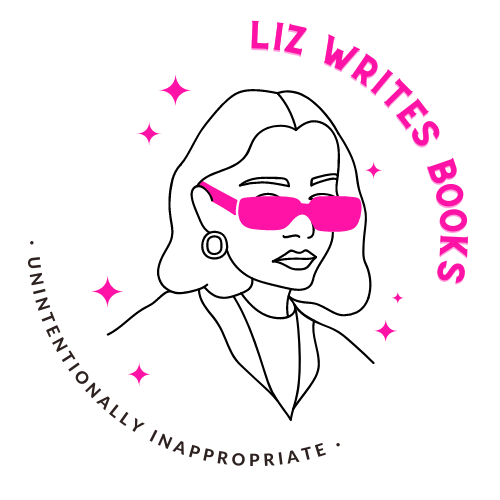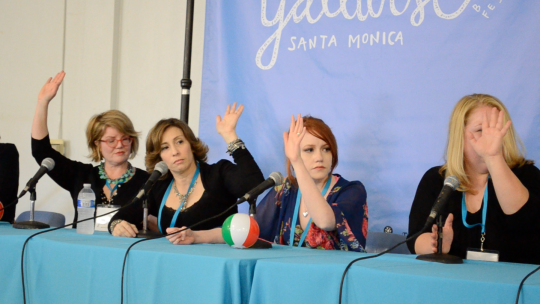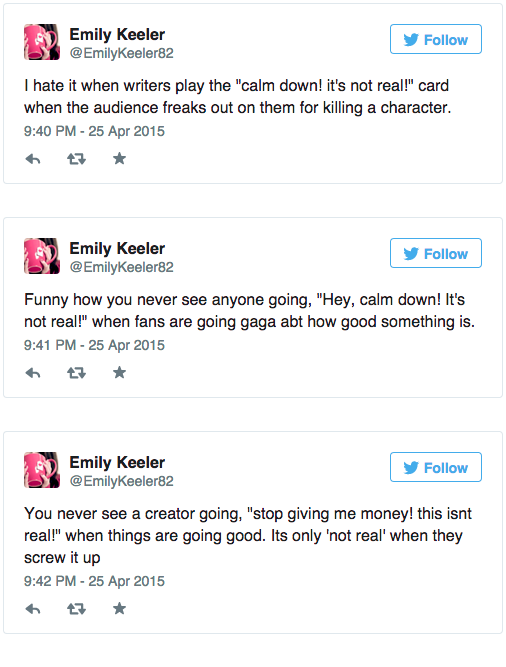Lately I’ve been starting my writing day by asking myself:
What is the pep talk I need to hear today?
It turns out that every day, this answer is vastly different than the day before.
Not only that, but sometimes the person I need to hear it from is not even me, but someone else, someone I may or may not have access to, which can get really tricky.
For example, a couple of days ago, the pep talk I needed–ridiculously enough–was encouragement from my fifth grade teacher, who is not only deceased, but also wasn’t my favorite person and also not the nicest or most encouraging person when she was alive.
It was a situation where my brain told me I wanted something I was literally never, not in a million years, ever going to get.
This, friends, is what therapy does to you. It not only makes you aware of situations like this, but it also makes you aware of situations like this, if you know what I mean.
Because I think without therapy, I would go through my day, not really knowing what it was I thought I needed, only knowing I was never going to get it. But because I’ve gone to therapy and I’ve done the work and I can put the name to the thing and process through some of it, I feel like I’m required to then untangle some of those knots.
Lucky me.
My fifth grade teacher…I’m sure she had her own demons. Some of those demons, no doubt, were fifth grade kids. Have you met fifth grade kids? They’re brutal. But let’s just say…she was in the wrong profession for her temperament.
I have always been an avid reader and writer. I was that kid with a notebook when I was nine. The I-won’t-bother-you-if-you-don’t-bother-me type. The kind who would rather sit in the library than play outside. We could have just been cool with each other. But no.
One day a kid named Travis jerked my notebook out from under me, held it up for all to see, and announced to the class that I was writing a book and I wanted to be published.
The class laughed.
And then Ms. Sade joined in.
“That’s ridiculous,” she said.
She could have just said nothing at all. She could have said, “Dude, stop touching other people’s shit.” But no.
This isn’t really a sore spot for me now, but it gutted me at the time. I was eight years old. I didn’t know any better. All I knew was to be hurt.
So when I have these moments where I need reassurance but from a specific person or a specific point in the past, I try really hard to perk up and listen to what it’s really asking.
This particular instance was asking for someone to stand up with a piece of my work, like Travis did, and ask: Could this be something? Or will someone laugh at it?
And the solution was simple: I sent a chunk of work to my agent, whom I trust will not laugh at me, and asked for feedback.
There’s a whole big can of worms that comes with asking for what you need, too, instead of waiting for someone to magically guess, but I don’t have time to get into that today. I have a kitten sleeping on my lap, and my coffee is fresh, and I have more words to write before the kitten wakes and the coffee goes cold.
So I will leave you with this, fellow writers and future me: don’t be afraid to ask for what you need when you need it.




